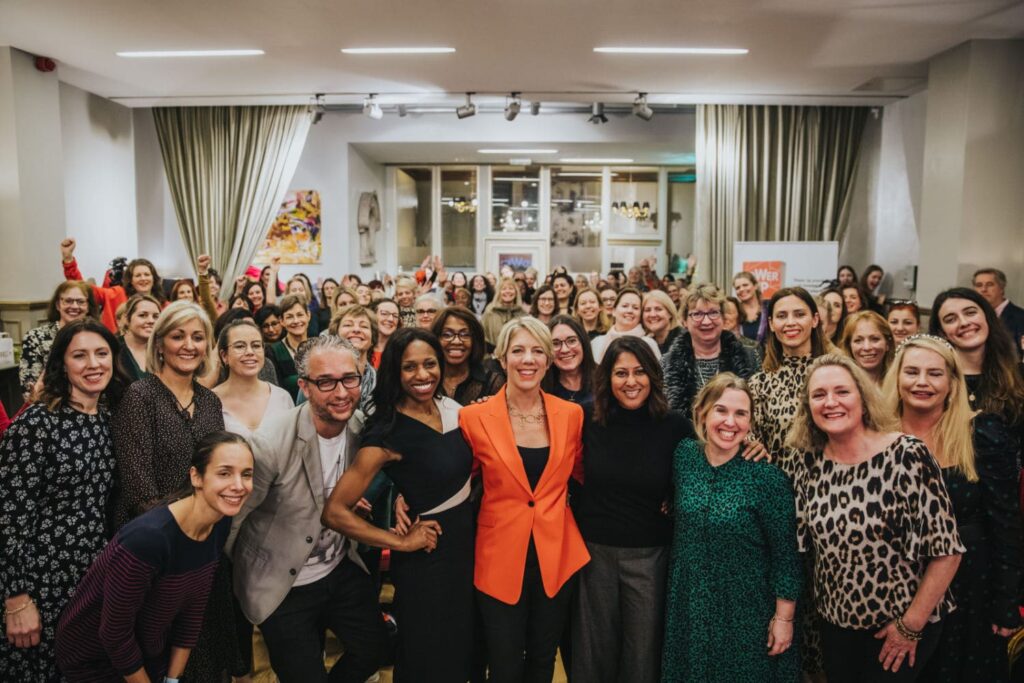
6 factors holding back your work relationships
As with all challenges, it helps to understand the barriers before looking at how to overcome them. Here are some factors that prevent many people from building relationships at work and some recommendations on how to overcome them:
Introversion
Challenge: if you’re an introvert or have been allocated (or even put yourself) in the ‘shy’ box, it’s not always easy to come out of your shell. Whereas people who are more extroverted find it easier to form light, easy connections, those on the introverted end of the spectrum are happier forming deeper relationships.
How to overcome: To be truly successful you need to be able to be flexible and do both – if you think of it like a conversational pond, you need to know how to stay shallow and deep dive as required – which takes practice but can be achieved.
Comfort zone
Challenge: building authentic relationships requires us to be open, honest and vulnerable; to let down our guard and ask for help when we need it. This level of trust is not in everyone’s comfort zone. Forming good relationships means being brave and being prepared to make the first move, initiating contact. This means being prepared for knockbacks, for your invitation to connect not be reciprocated, or for relationships to not go how you’d planned them to. On the upside, relationships that are forged through this level of honesty are unshakeable.
If this is the case, when we find ourselves in new situations where we don’t know the territory, we retreat into our cave and become quieter, less communicative. People falsely mistake this for aloofness, coldness or arrogance, and respond by leaving us alone, making it even more difficult for us to form relationships. Which makes our sense of isolation self-perpetuating.
How to overcome: To move beyond this, try not to allow past experiences to cloud new relationships and remember that everyone is different and deserves to be viewed in their unique way.

Queen Bee Syndrome
Challenge: The grim truth is that some women can be really poisonous to one another: they can be super competitive, territorial and behave jealously. At its worst, this can manifest as Queen Bee Syndrome, a term first coined by Staines, Jayaratne and Tavris in 1973, describing a woman in a position of authority who views or treats subordinates more critically if they are female. The term’s meaning has since been widened to encompass female colleagues who are intentionally obstructive and snide towards other female colleagues.
How to overcome: Although most of us have been on the receiving end of this, some doubt its existence. Sheryl Sandberg observed that, “Women aren’t any meaner to women than men are to one another. Women are just expected to be nicer.” And Roxane Gay, author of Bad Feminist: Essays, urges us to: “Abandon the cultural myth that all female friendships must be bitchy, toxic, or competitive. This myth is like heels and purses — pretty but designed to SLOW women down.”
Competitiveness
Challenge: Another barrier is competitiveness, where we compare ourselves to others – usually unfavourably – and begin to see them as a threat. Although competition can be healthy between teams, it can often be detrimental between individuals. As we look over our shoulder at how other people are doing, we can come across as self-centred, insecure and petty-minded, and so lose focus on our own purpose or the job in hand.
How to overcome: Instead of being jealous of their success, imagining what it will be like when you reach their level yourself, and how you will shine in your own way.
Time
Challenge: Relationships also require time. Women especially, with multiple priorities, spend their time rushing to get everything done, and don’t necessarily make time for those coffees, one to ones, lunches and drinks after work that nurture relationships. It’s very easy to be stuck behind your desk, being a diligent keyboard warrior and getting loads done, but not talking to people or seeking out new relationships.
How to overcome: To make the most of the time you have, use the power of social media and prioritise getting to know people who you are drawn to as well as as those who will have the greatest baring on your success.
Unfortunately, failure to build relationships can be the difference between unleashing your potential or not. Not making time to meet new people can mean we don’t get to hear about brilliant opportunities, and we all know how much we hate FOMO (Fear Of Missing Out). So it’s important to prioritise relationships and learn how to do so effectively so that you can make them work for you, in a way that will benefit you both.
What next?
For more about building your gravitas, please see the new edition of my book Leading With Gravitas , enquire about our Leadership Branding coaching programme or book onto my next Gravitas Masterclass.

About the author
Antoinette Dale Henderson is a leadership coach, speaker, and author specialising in executive presence and gravitas. With over 25 years in communications, she empowers leaders to increase their influence and impact through her Gravitas Programme and best-selling books, Leading with Gravitas and Power Up.

